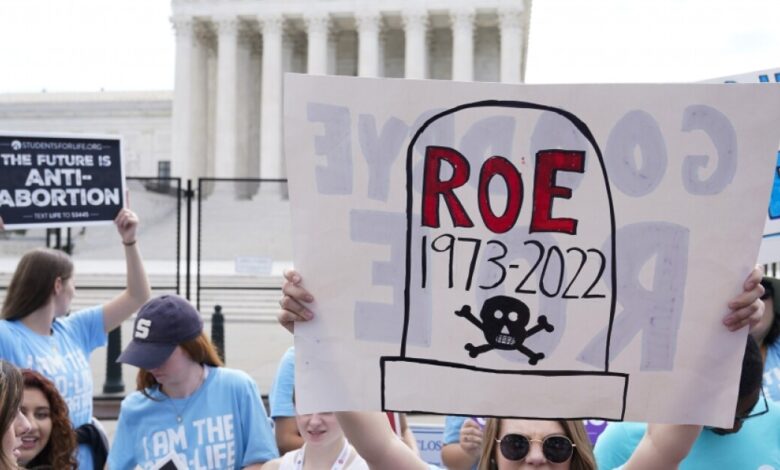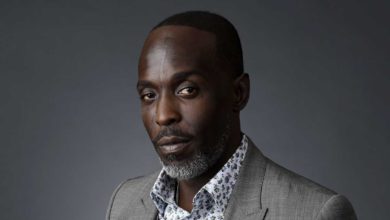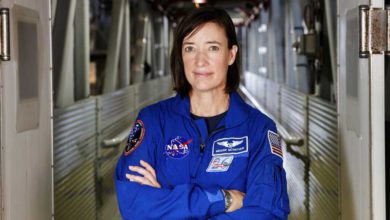
One year since the Supreme Court's Dobbs decision, early research shows a significant drop in medical residents applying to OB-GYN training programs, especially in states with abortion restrictions. Now, many doctors are sounding the alarm: This is an early sign of what's to come for maternal health care and for caring for pregnant people.
On the path to becoming an OB-GYN, after undergrad and med school doctors apply to a residency program to work on staff and treat patients, while getting in-hospital training and assisting OB-GYNs on their cases.
Dr. Jody Steinauer has trained staff at nearly 30 hospitals across the country and thousands of doctors through free online videos.
She’s concerned that recent data from the Association of American Medical Colleges shows that in 2023, med student applications to train as an OB-GYN have dropped significantly. In states where abortion is banned, the decrease is double compared to states where it's legal.
"Are we going to see a situation where ... some can access abortion care. Many can't. Many will be forced to continue their pregnancies. And then we don't have enough doctors to take care of them either for abortion care or for pregnancy care," Steinauer said.
SEE MORE: Abortion issue far from settled 1 year after Roe v. Wade overturned
She’s equally concerned about medical residents training now.
The national requirement for OB-GYNs in training includes abortion education and experience with patients; for example, counseling patients through miscarriage or treating someone with a pregnancy complication.
Steinauer’s also runs the Ryan Program. They work with more than 100 OB-GYN residency programs across the country to provide abortion training and contraception care.
"We are really in a crisis now where nationally more than 1,100 OB-GYNs are currently training in over 50 programs that are in states that have banned abortion. And of those, only 12 Ryan Programs are in those states,"
Dr. Kelly Mamelson is a 3rd-year OB-GYN resident in Florida.
"For me, I will be traveling thousands of miles to do a month-long rotation in order to get adequate training. Otherwise, our only option is these medically indicated terminations, which as far as volume, are much lower than any traditional abortion training for elective terminations," Mamelson said.
After residency, doctors do a fellowship in their specialty. Mamelson's not planning on doing that in Florida either.
"Me and my co-residents that plan on leaving the state, many of us have lived here for a long time and it feels like we're abandoning our patients," Mamelson said. "Now when it comes to transferring mid-residency as an alternative, we are told that that is something that is very rare across any specialty, not just OB-GYNs," Steinauer.
Trending stories at Scrippsnews.com








